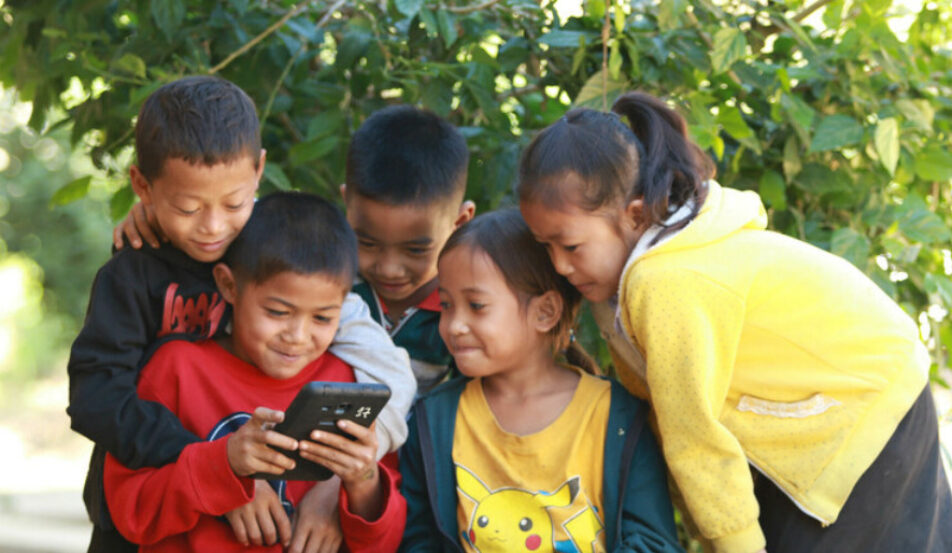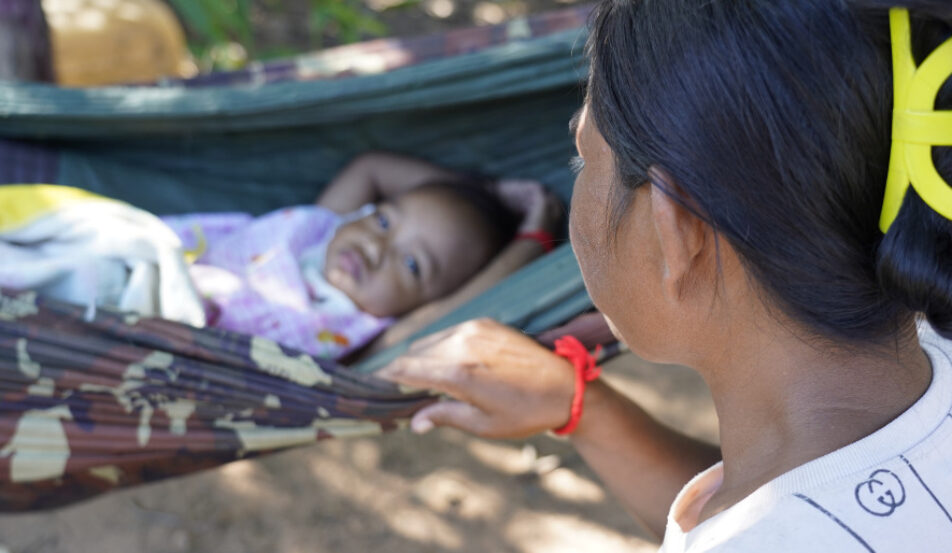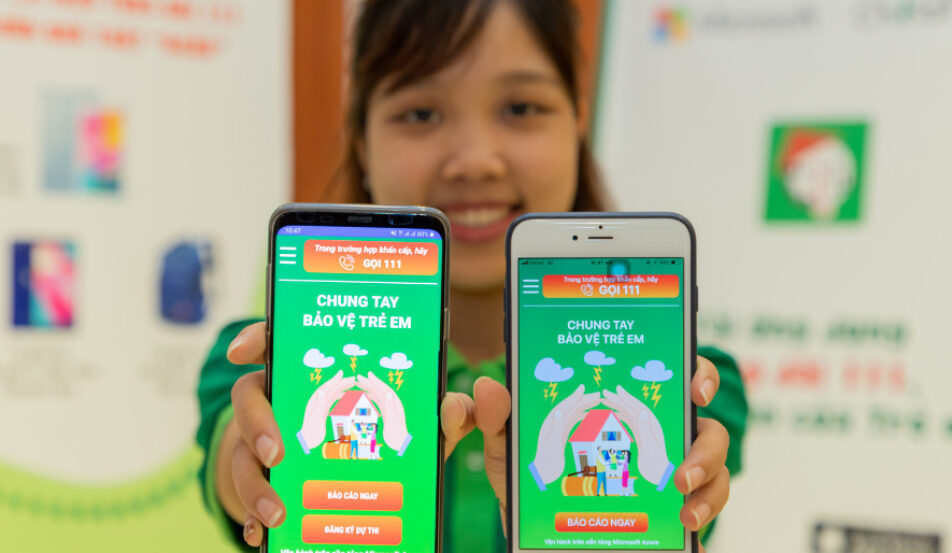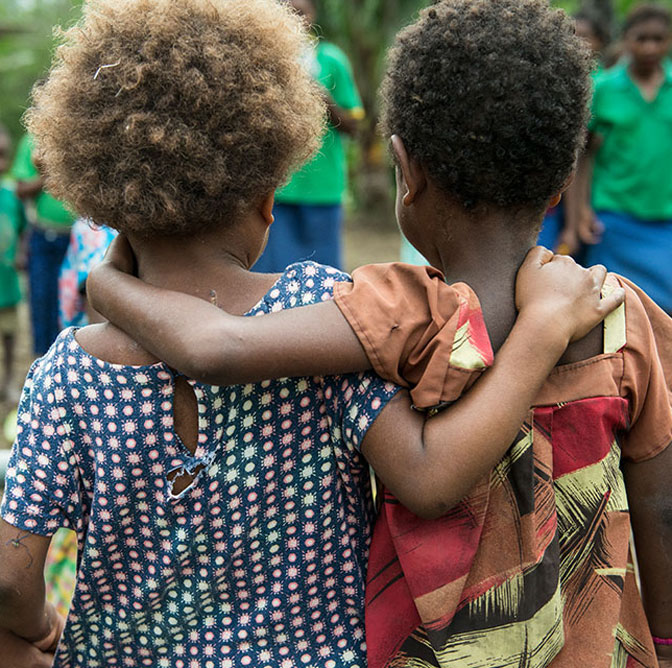Eradicating violence against children in Timor-Leste
Every year on Gandhi’s birthday, 2 October, we celebrate International Day of Non-Violence with the vision of creating a world where children can live in peace, free from violence and exploitation.
Since 2007, the annual event has had universal support which is greatly influenced by the mutual respect of Gandhi’s peaceful philosophies and the common desire to secure a culture of global peace, tolerance and non-violence. The day aims to disseminate the message of non-violence through education and greater public awareness.
This year, International Day of Non-Violence has landed with great timing to support the promotion of the 17 new Sustainable Development Goals (SDGs, also known as the Global Goals). After three years of advocating for the elimination of violence against children, it was an important milestone for ChildFund to see child protection included in the new global development agenda The objective of the ChildFund Alliance global advocacy campaign was to ensure that the protection of children from violence and exploitation would be a focus in the new SDGs, and that the implementation process of such policies would continue to be closely monitored.
More than 680,000 people signed ChildFund`s #freefromviolence petition, which was motivated by several shocking statistics:
- Almost half of all children will have experienced some form of physical violence before they reach the age of 8
- UNICEF estimates that 60% of children aged between 2 and 14 receive regular physical punishment from their direct caregivers
- 168 million children are estimated to be involved in child labour, 85 million of which are involved in hazardous work
- Every year 150 million girls and 73 million boys worldwide are raped or subject to sexual violence
These figures demonstrate that no country or child is safe from violence at home, in schools or from members of their local community. ChildFund has also learnt from their work during the past 75 years that alleviating exploitation and violence towards children is essential in providing a life that is free from poverty.
In Timor-Leste, ChildFund has been working in partnership with the government to implement their policies to eradicate childhood violence, including banning corporal punishment and physical discipline in all education institutions. ChildFund is using locally apprioriate methods to raise awareness among children, families and entire communities in rural areas about new and existing policies regarding physical abuse and the rights of children.
“When we asked teachers, students and their parents at the start of the project whether teachers have the right to hit children, a very high number of them thought the answer was yes,” says Miriazinha da Costa, ChildFund Timor-Leste`s education program assistant. “We need not only top-down policies and laws, but we also need to raise awareness and change behaviour at the community level.”
In rural areas of Timor-Leste, traditional media choices of television advertisements and newspaper articles are less popular due to low literacy rates and restricted access to common media sources. That is why ChildFund has been working directly with children to perform 10-minute skits in front of their local communities to inform students, parents and teachers about the Ministry of Education’s new violence-free policies.
Lilli (pictured above) is participating in the project. Lilli and her schoolmates’ play depicts a teacher physically abusing a student when they incorrectly answer a question, and shows how such actions are wrong and can harm a child`s development and their willingness to attend school.
The project has been hugely successful, so much so that skits were performed at the Timor-Leste National Children`s Forum on child rights, with an audience that included students from up to 17 schools, members of parliament and representatives from the ministries of Education, Justice and Health.
“Children are the ones who experience corporal punishment, so their voice is the most credible when talking about how it affects them and that it is still happening,” says da Costa. “It also demonstrates to children that they can be active participants in the development process from a young age, and that children themselves can find solutions and take action against the problems in their own communities.”
This is one of many projects around the world which are providing children with the opportunity to stand up for their rights and speak directly to policy makers about issues that affect them. All children deserve to live a life #freefromviolence and exploitation.






